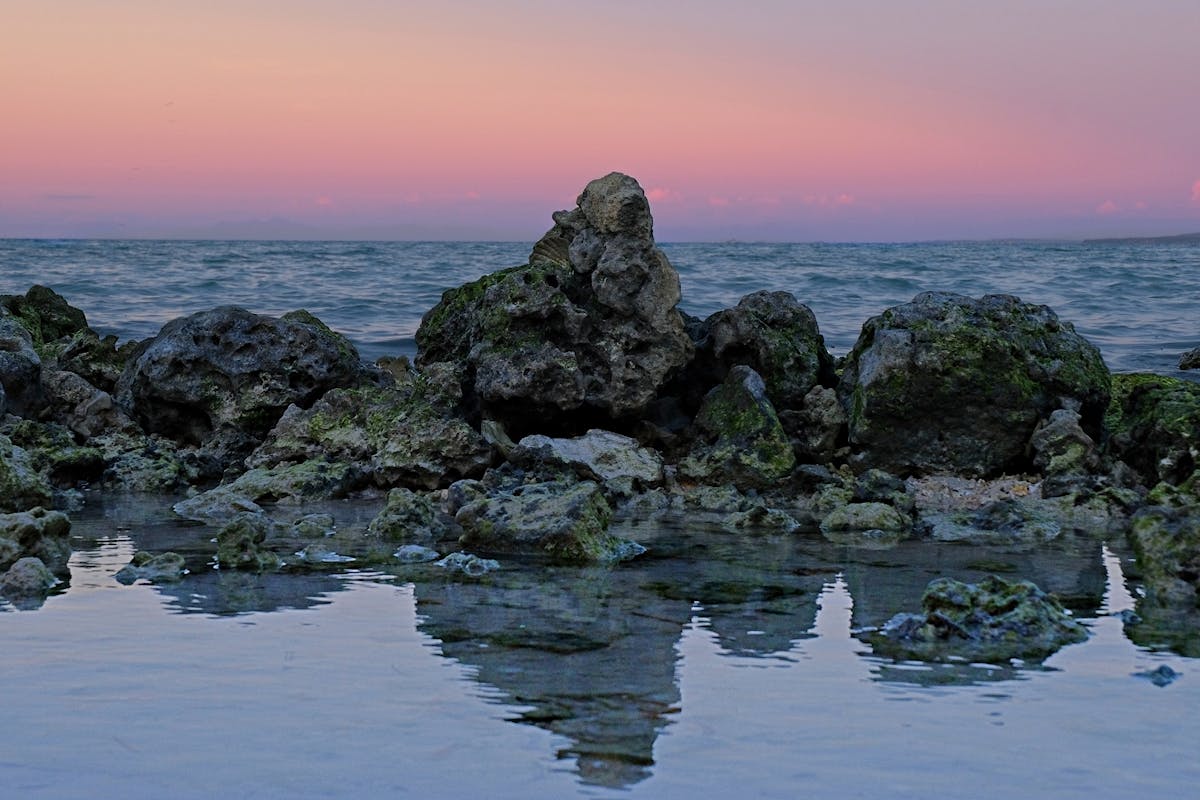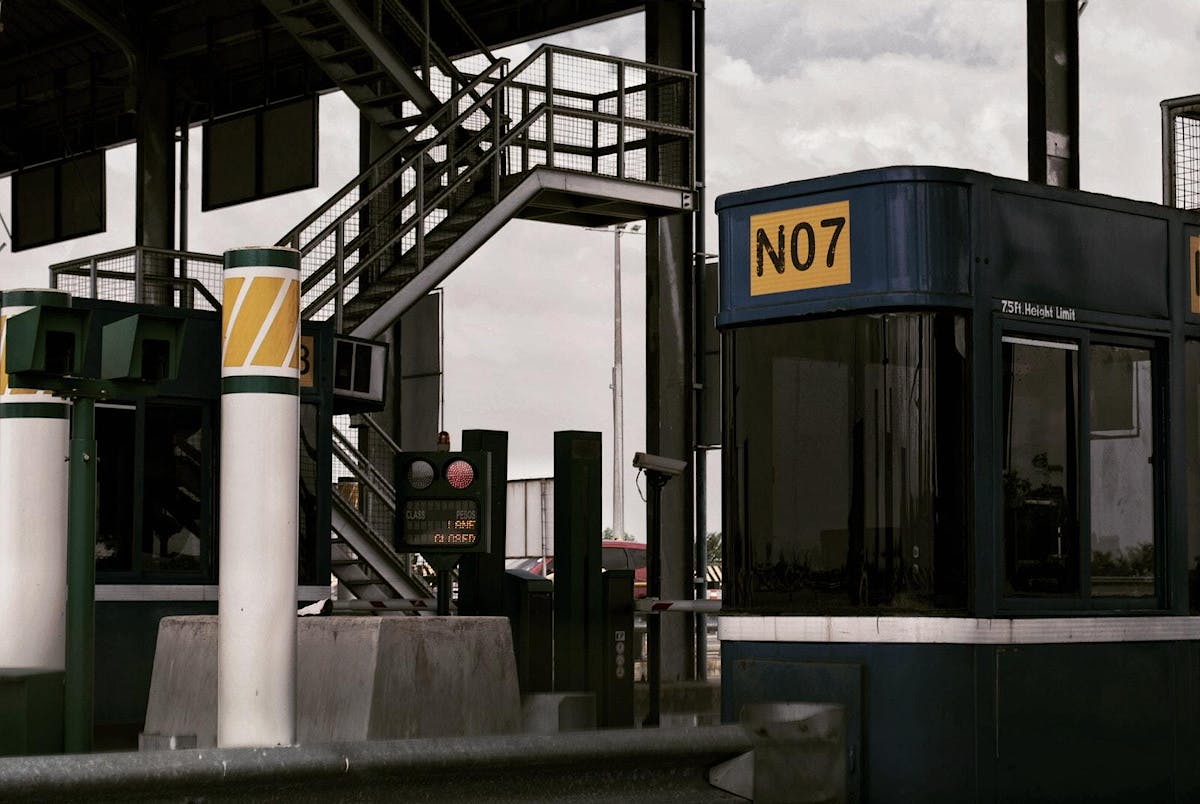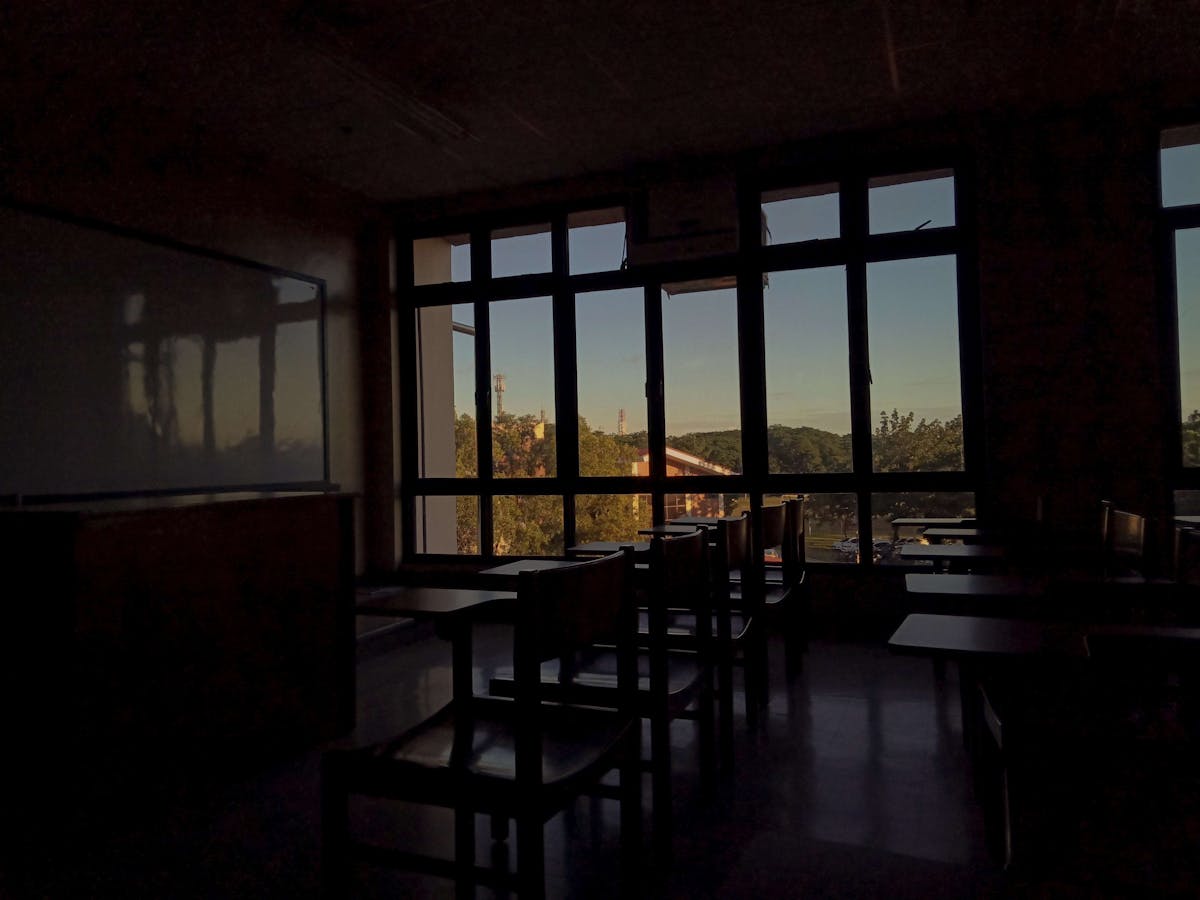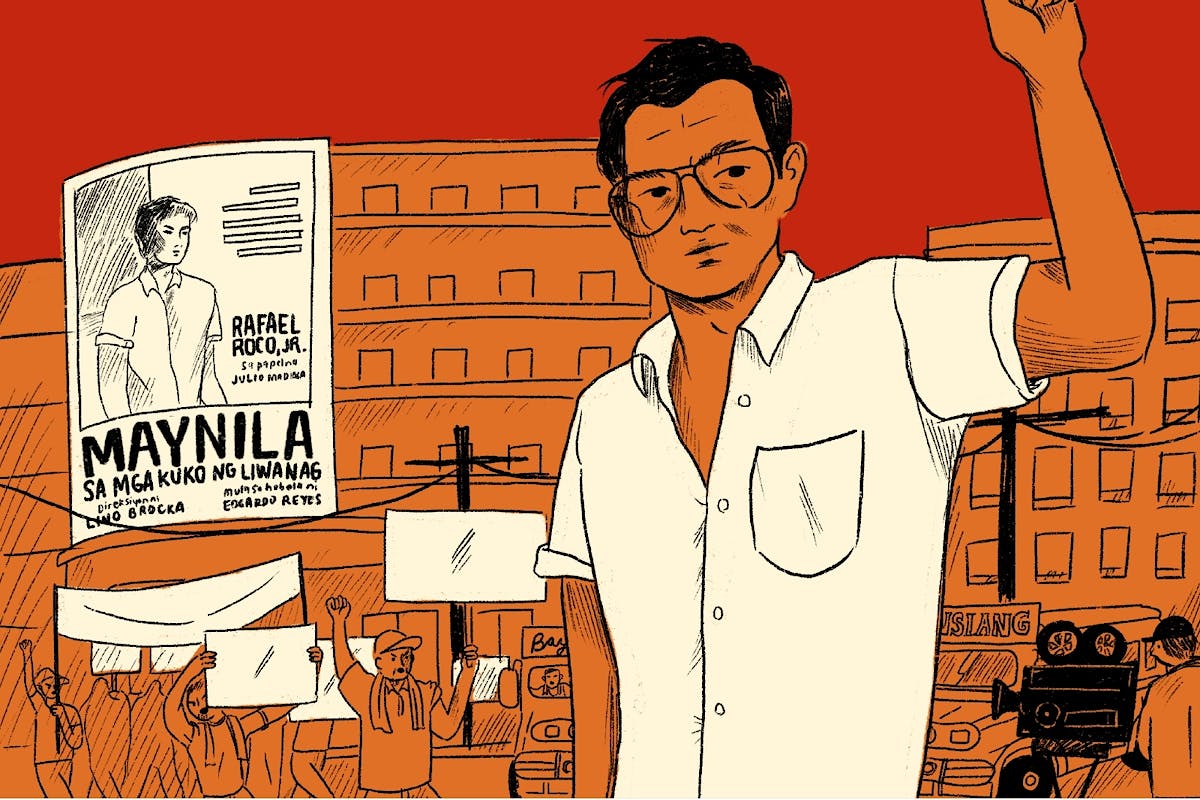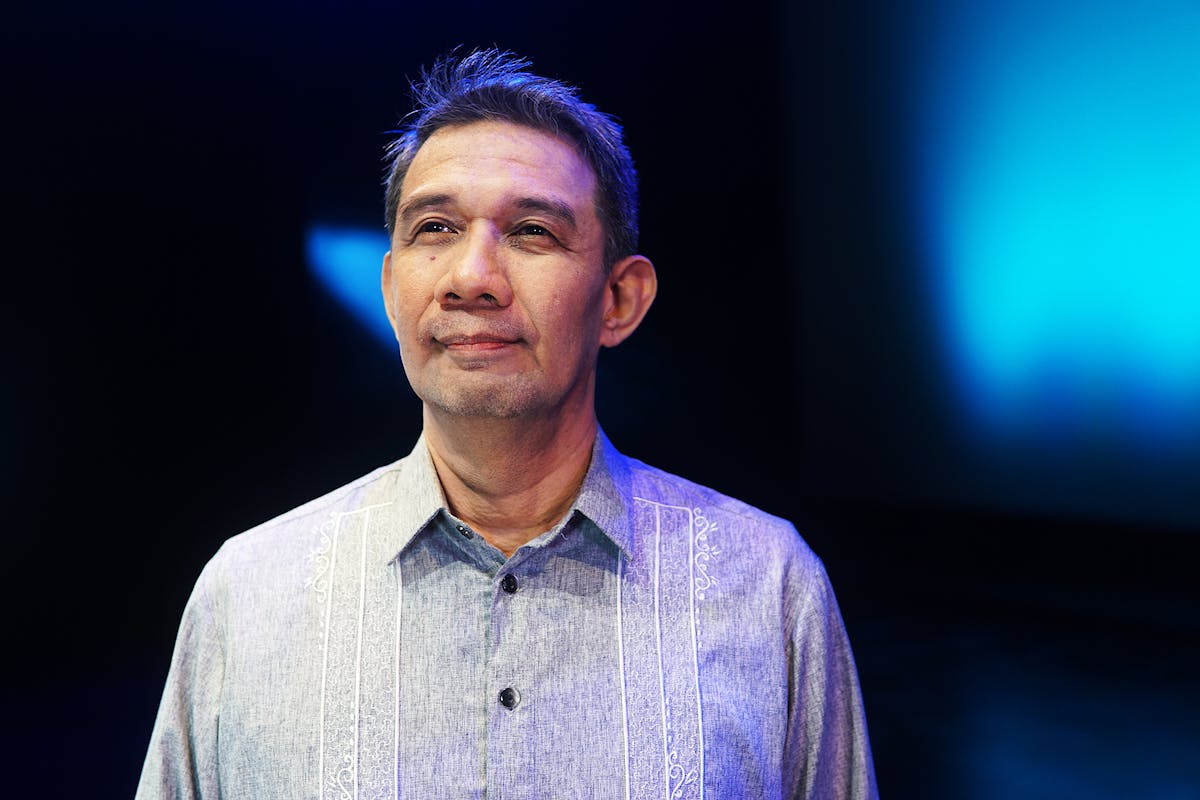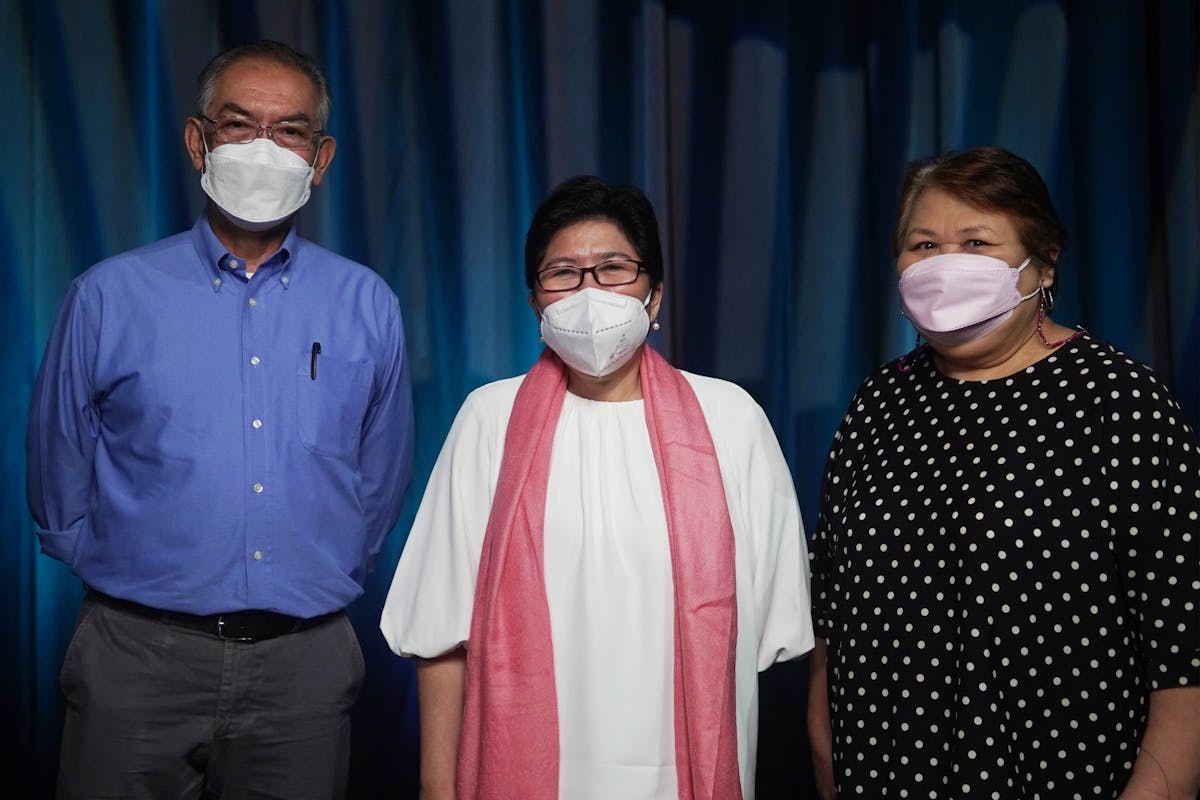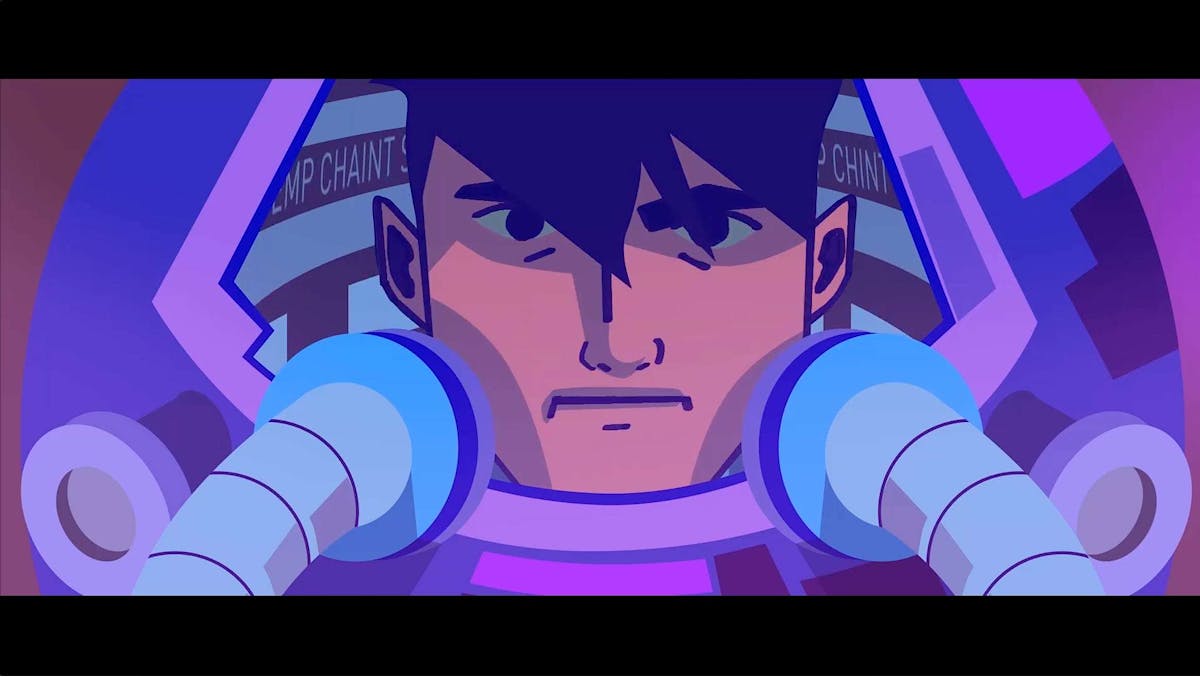
Our Way Forward
No More Compromises: Environmental Advocacy After COVID-19
The coronavirus pandemic is an outcome of ecological irresponsibility. This happened because we have failed as a world and as humanity to be good stewards of our planet and of each other.
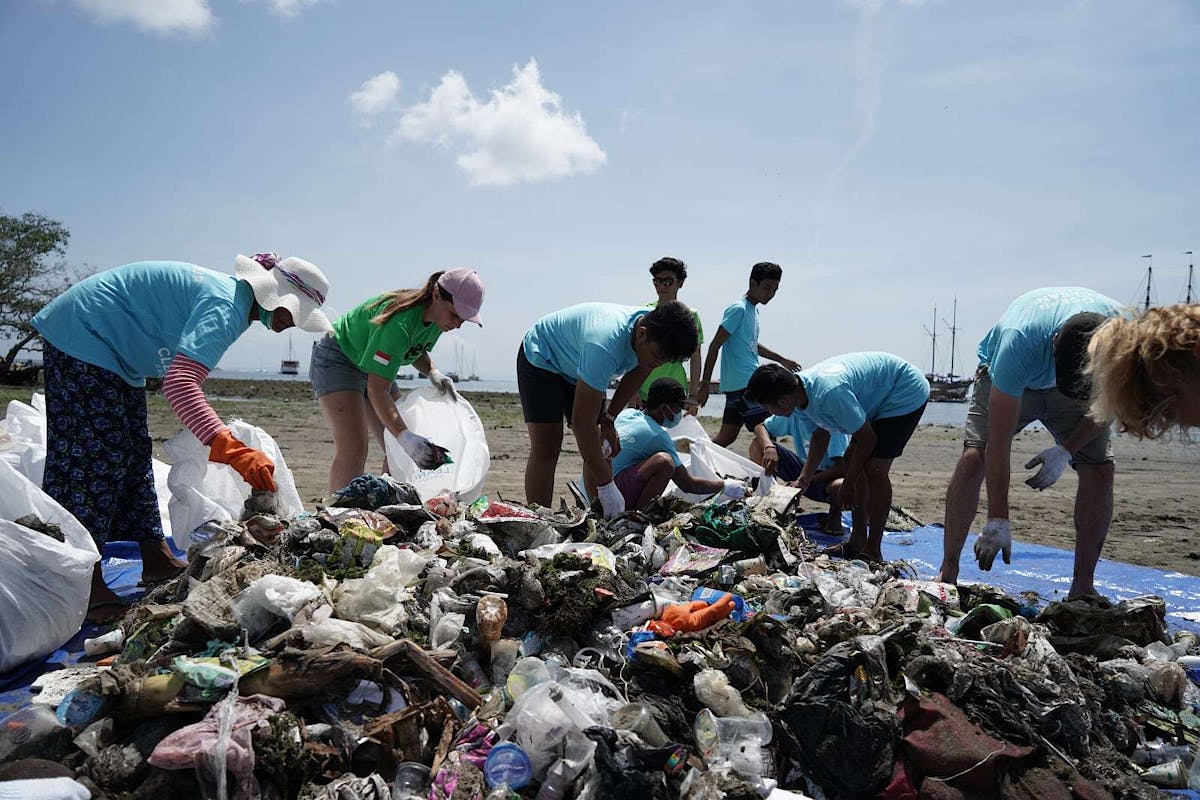
The coronavirus pandemic is an outcome of ecological irresponsibility. This happened because we have failed as a world and as humanity to be good stewards of our planet and of each other.
The cry of the earth and the cry of the poor, as Pope Francis describes it in his encyclical Laudato Sii, is very loud in this time of the pandemic. Everything we have said could go wrong because of environmental irresponsibility has gone wrong and at great economic and human cost.
To make sense of this pandemic and how it changes those of us who care about the environment, let us ask the following questions:
- What are the biological causes of pandemics?
- How does environmental factors amplify and exacerbate pandemics?
- How do we deal with the unequal and unjust manner the pandemic is being experiences by different countries, peoples, and communities?
- What should our environmental priorities now and when this pandemic is over, knowing that other pandemics and climate change are lurking in the future?
Those who of us who have worked for many years to protect biological diversity and the integrity of ecosystems have been warning about this: if we destroy the habitats of other species, if we hunt and destroy them, these will all come back to haunt us. Today’s pandemic is the worst scenario, but it was anticipated as Bill Gates have warned years ago. We can actually say we told you so to decision makers and to business that this would happen if you did not listen to us.
Pandemics are not new to the world. We saw them wreak havoc during the plagues in the middle ages and the early 19th century to the well-documented Spanish Flu of 1918, and to the more recent experiences with 2002-03 SARS, the 2009 H1N1 Swine Flu, or the 2012 MERS-CoV.
Most of the new pandemics have originated through the “zoonotic” transmission of pathogens from animals to humans, regardless of whether these animals are domesticated or wildlife. While some of these viruses present in animals rarely spread to humans, some strains allow for interspecies transmission. This transmission can happen in a variety of different ways, including, but not limited to, natural resources extraction, changes in behavior, and environmental factors. Its spread, however, between and among humans (human-to-human transmissions) can be attributable to changes in lifestyle and increased mobility.
Environmental negligence also aggravates the health, economic, and other impacts of pandemics. We see this in the impacts of the coronavirus pandemic which has been amplified by our failure to maintain a sound environment. Thus, according to the World Health Organization, environmental risk factors has figured prominently in COVID-19 casualties. For instance, a third of the deaths from stroke, lung cancer, and heart disease are linked to air pollution , while nearly a quarter of the death tolls across the globe are due to environmental factors, such as living or working in unhealthy environments.
The population most affected by these environmental influences are children under the age of five – whose most prominent causes of death are lower respiratory infections, such as pneumonia – and older adults, especially those with underlying conditions. Economy also comes into play, as low- and middle- income countries and poor communities in all societies are hit hardest by COVID-19, especially taking into consideration water and air pollution that is correlated to population rise and poverty.
I have been an environmental activist for nearly five decades, starting in high school in Xavier University, Cagayan de Oro when I joined the fight to stop the building of the Kawasaki Steel plant in Villanueva, Misamis Oriental. Shortly after I entered law school, I decided that I wanted to specialize in human rights and environmental law, linking the defense of the planet to the recognition of the rights of indigenous peoples, local communities, and ordinary citizens.
Since then, I have worked as a lawyer for a human rights and environmental justice organization, for the government as an environmental undersecretary, as a policy researcher and advocate for an international environmental think tank, as Dean of a school of government that had a considerable environment and climate portfolio, and as executive director of a scientific research institution that is known for its climate, air pollution, and disaster resilience work. I have also taught and mentored, and continue to do so, many environmental lawyers and scientists. And I have been, for 30 years and counting, active in the climate change negotiations and in the work we must do in the Philippines to mitigate and adapt to climate change.
Before this pandemic, I was ready to retire from active engagement and just retain the teaching and mentoring role and possibly some scholarship work.
But now I realize retirement is not an option. Because there is so much work to do and people with experience are needed to help in the transition of environmental advocacy to what is required by the times.
The first order of business is to get the science right. The pandemic has shown us that modeling impacts in real time and for the future, while not exact, has immense value. We must invest on individuals and institutions that can help us understand the causes, pathways, and scenarios of pandemics and the similar threat of climate change that is expected to cause as many deaths, great suffering, and wide-spread destruction. Science must be employed for the only way forward – which is not just the development and application of modern technologies that might be create more harm than good such as geoengineering or unsafe modern biotechnology.
The second order of business is to transform environmental advocacy into a call and struggle for environmental and climate justice.
In Laudato Sii, the poor is ubiquitous; with Pope Francis raising always the question of the impact of an issue on poor people, emphasizing all the time fairness and justice as a guide in how the world must respond. We must do that now in the coronavirus pandemic where the poor as always carried disproportionately the burden of its impacts as well as how we respond to it. According to Pope Francis: “The human environment and the natural environment deteriorate together; we cannot adequately combat environmental degradation unless we attend to causes related to human and social degradation.”
This means we must work always to institutionalize environmental and climate justice, which requires the integration of human rights, at all levels of governance – global, national, and local.
Finally, the third order of business is to assess why we have failed to push back on business and government in continuing business as usual – extractive activities, habitat destruction, land use conversion, climate change, loss of biodiversity, air and water pollution, etc. – all of which causes or contributes to the impacts of pandemics. We must recognize and now reject the compromises we have made that resulted and will result in terrible outcomes. Already, in the Amazon in Brazil, its rapid deforestation could cause the next pandemic while condemning to extinction many indigeneous peoples and other species (plant and animal).
Moving forward, we must abandon outdated notions of cost-benefit analysis and trade-off between economic and environmental interests when what is at stake is human well-being and public health. When an activity or industry can cause a pandemic or global climate change, there is no economic or other justification that can be invoked that allows for that activity. Let’s adopt a precautionary approach that will ensure that never again will we have a pandemic so cruel and devastating as we have today. Among others, we must protect wildlife, habitats, and ecosystems at all costs.
With this experience of COVID-19, never again must we accept any action, law, or agreement that compromises the health of our planet and sacrifices the poor. More positively, we must provide solutions to our environmental challenges. What we need are nature based solutions which protect climate, forests, biodiversity and last but definitely not the least people. We must implement those solutions at home, in our local communities, at the national and global level.
At home, we must practice zero waste management, conserve energy and water, and grow, where we can, flowers, vegetables, plants, and even trees. For those of us in cities, let us fight for more green space such as urban forests, parks, and tree corridors, as well as more pedestrian and bicycle lanes for more inclusive mobility. At the national level, let’s make sure that no more coal plants are built and that irresponsible mining is stopped; renewable energy, reforestation, and sustainable land use are the ways forward. Ironically, the pandemic has resulted in cleaner air because of the lockdown; we do not have to surrender those gains when things get better, And finally at the global level, let’s work to implement effectively the Paris Agreement on Climate Change.
The first Earth Day was fifty years ago. This year’s Earth Day is the most meaningful ever if we learn the lessons from this pandemic and build a better, cleaner, and more just world.


